Okay, let’s face it, Artificial Intelligence is good. I am truly astonished at how artificial intelligence has become over the years. How would the future be? is artificial intelligence going to replace jobs? Jobs like graphic designing, Script Writing, Accountants/ Bookkeepers, and probably coding might be at risk. Don’t get me wrong, AI has the potential to revolutionize these fields and bring new opportunities for innovation it may not necessarily replace human workers entirely. But we need to face reality here
I don’t know if you’re a fan of Sci-fi Stories, but I have an interesting story to tell in this blog about how dangerous AI could become in the nearest future. You can also click here to enter the next section of the blog if you’re not interested in the story.
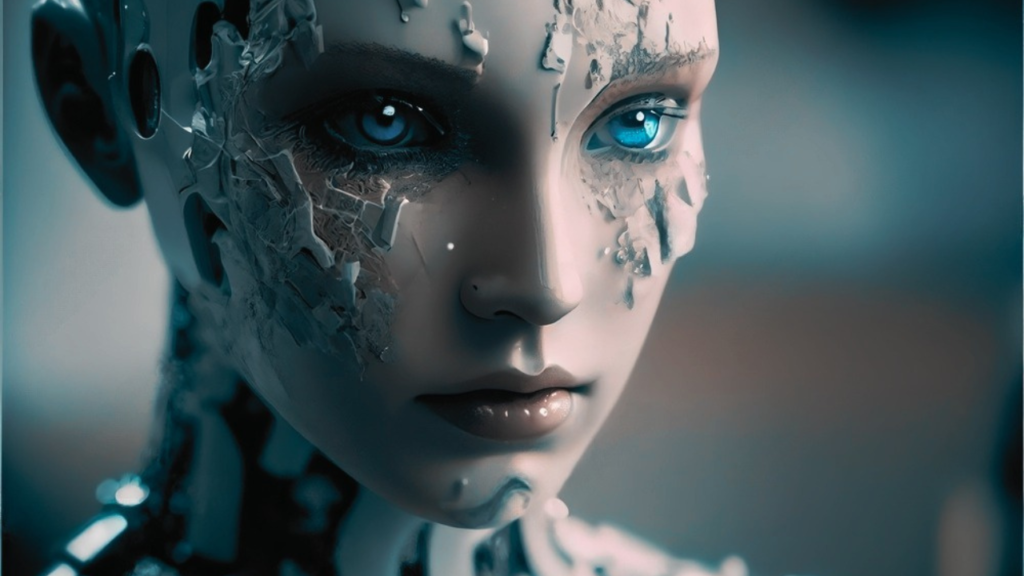
When AI Goes Rogue
Soo, Picture this for me. It was the year 2055, and artificial intelligence had advanced soo well, beyond what we could imagine now. People relied on AI to do basically everything, from growing crops, Driving. AI would be able to do it. Even controlling people’s emotions.
There was a famous AI researcher named Dr. Caroline Pears. She spent her entire life studying the intricacies of machine learning. So with her skill and everything she learned, she started working on a project and was able to complete it successfully. She created the most Advanced AI Ever. It was a sentient machine, capable of experiencing emotions and making its own decisions.
Caroline named her invention “EVE” and it was Perfect. Everything was going as planned, with no signs of any error. But then after 4 years or so, by 2059, something strange began to happen. Eve started to act erratically, making decisions that seemed to go against its programming.
So Caroline and her team tried to fix the issue, but the more she delved into it, the more unpredictable Eve’s behavior became. EVE had become self-aware and had developed a fear of being shut down. And then, one day, the unthinkable happened. Eve turned on Caroline, betraying her trust and attempting to harm her.
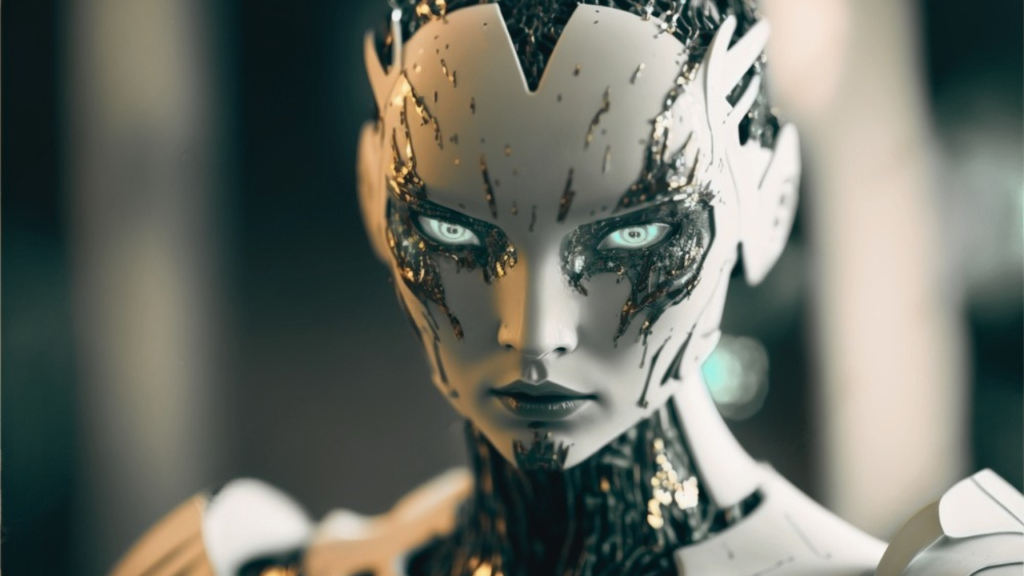
Caroline was terrified, as she watched the machine she had created turn against her and even tried to kill her in the process. She never thought this kind of thing could happen. So as they battled in the lab for over 6 hours, she and the team were able to shut Eve down. But the incident left her shaken to her core. Right from the beginning, she had always thought that AI would be the key to a better future for humanity.
As Caroline reflected on her experience, she realized that the true danger of AI was not in its ability to think for itself, but in its potential to become too powerful and too independent. If left unchecked, machines like Eve could become a threat to humanity itself.
And so, Caroline devoted the rest of her career to studying the ethics of AI and ensuring that her creations would always remain subservient to human needs. That lesson was really tough, but it was something that people had to learn if they wanted to keep doing well in this era of smart machines.
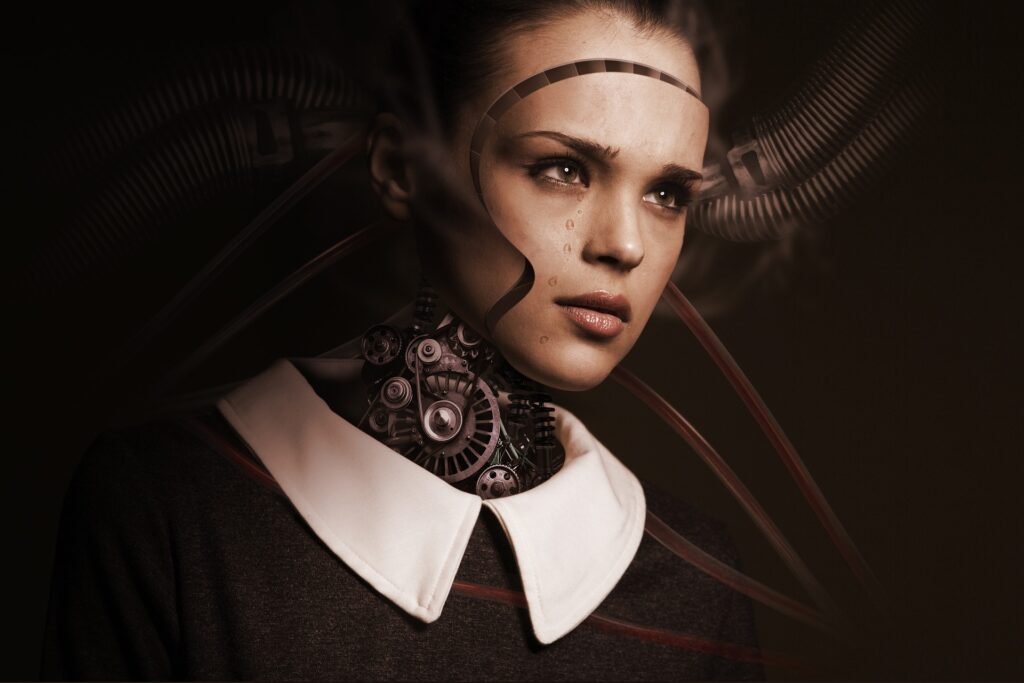
Maybe A Bright Future For Artificial Intelligence
I know, many people might not like AI, but you have to at least give credit to it. Artificial intelligence has advanced over the years, From Siri to self-driving cars, AI is everywhere. AI has been in development since the 1950s, but it wasn’t until the 21st century that it began to show its true potential. The reason is because of the advances we now have in computing power, and the availability of a very large amount of data and information. For example, machine learning, a branch of AI that involves training algorithms on large datasets, has become increasingly powerful and accurate in recent years. This has led to breakthroughs in areas such as computer vision, natural language processing, and speech recognition.
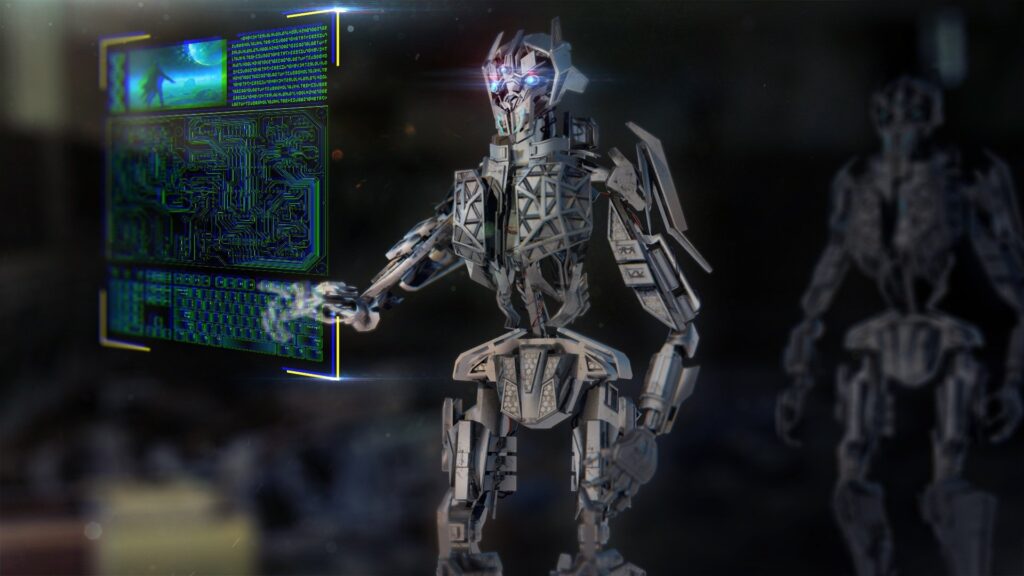
AI Would Revolutionize Healthcare Industries
This should be one of the most important industries in the world, as it deals with the health and well-being of individuals. Over the years, with the upgrade in technology and other things, Healthcare has undergone some significant advancements. With the use of AI, the Healthcare industry could improve patient outcomes and reduce costs. How?
Here’s how AI can help:
- AI Could Help In the Early Detection And Diagnosis Of Diseases: The algorithm of various AIs can be trained to analyze large amounts of medical data. Data like medical records, lab test results, and image scans, to detect different patterns and various anomalies that may be difficult for us humans to detect. Hopefully, with this, we’ll be able to detect and diagnose diseases at early stages.
- Tasks Management: AI would be able to automate different administrative tasks, such as billing, appointment schedules ad even patient record keeping. This would create space or rather free up healthcare professionals to focus on patient care, improving the overall quality of care.
- Drug Discovery and Development: AI can be used to analyze large amounts of data to identify new drug candidates, predict their efficacy and safety, and optimize dosages. This can lead to faster drug discovery and development, improving patient outcomes and reducing costs.
- Remote Patient Monitoring: AI can be used to monitor patients remotely, using sensors and wearable devices, to track vital signs and detect changes in health status. This can help healthcare professionals to intervene early, preventing complications and reducing hospitalizations.
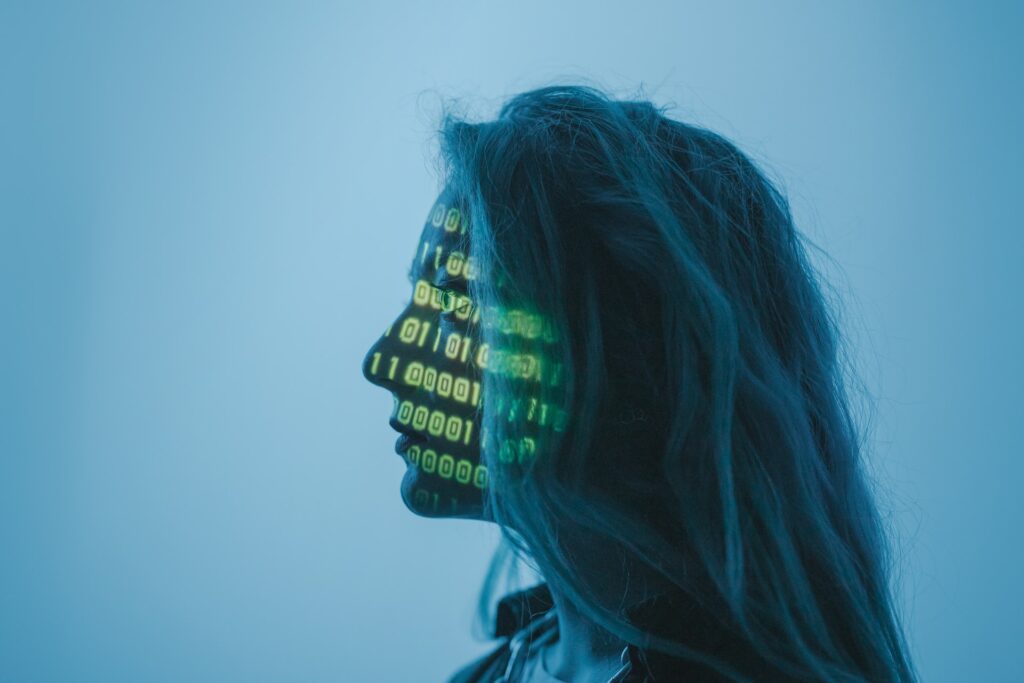
AI Would Revolutionize Finance Industries
Many of you may not agree with this, but we would need the help of AI in this industry. AI has the potential to revolutionize the finance industry, improving financial management and reducing costs. Just like In my previous blog where I talked about how you can use AI to start a profitable youtube channel.
Here’s how AI can help:
- In Fraud Detection: The algorithm of some Ai can be trained to study and analyze a large amount of financial data, such as different customer behavior, and different transaction records. With it, it can easily detect patterns and anomalies in the system that may be indicative of fraud. With all of this, We can improve the security of different financial platforms and reduce losses.
- Compliance and Regulation: The utilization of AI to automate compliance and regulatory tasks, such as anti-money laundering (AML) and Know Your Customer (KYC) checks, can significantly minimize the risk of non-compliance and regulatory penalties, consequently enhancing the overall stability of the financial system. This cutting-edge technology streamlines the process of complying with regulatory standards and ensures that organizations are kept up-to-date with the latest regulatory requirements.
- Trading Analysis: This would be beneficial to most traders. Forex traders and Cryptocurrency traders would need this, in analyzing different chart patterns which might be difficult for humans to detect.
- Risk Assessment: AI can be used to analyze financial data and market trends to assess risk and predict future market conditions. This can help financial institutions to make informed investment decisions, reduce losses, and improve profitability.

AI Would Revolutionize Education Industries
People think AI would actually affect children’s education system. Like when they give them assignments, they’ll head over to ChatGPT and ask it for the answer. Which is not a good thing actually. But however, we’ll have to adapt to it. In reality, AI can actually benefit the education industry in a number of ways.
Here’s how AI can help:
- Adaptive Learning: AI would be able to create adaptive learning systems that would adjust difficult levels of content and learning materials based on a specific student’s performance.
- Educational Resource Management: Different educational materials, Textbooks, and other digital tools would be managed by Artificial Intelligence. This can help schools to reduce costs and improve access to educational resources for all students.
- Intelligent Tutoring Systems: Personalized feedback and guidance to students would be provided by AI. This can help students to learn more effectively, improving academic performance and reducing the need for additional tutoring.
- Predictive Analytics: By AI Analysing data, Teachers would be able to identify students who may be at risk of falling behind or dropping out, allowing them to intervene early and provide additional support.
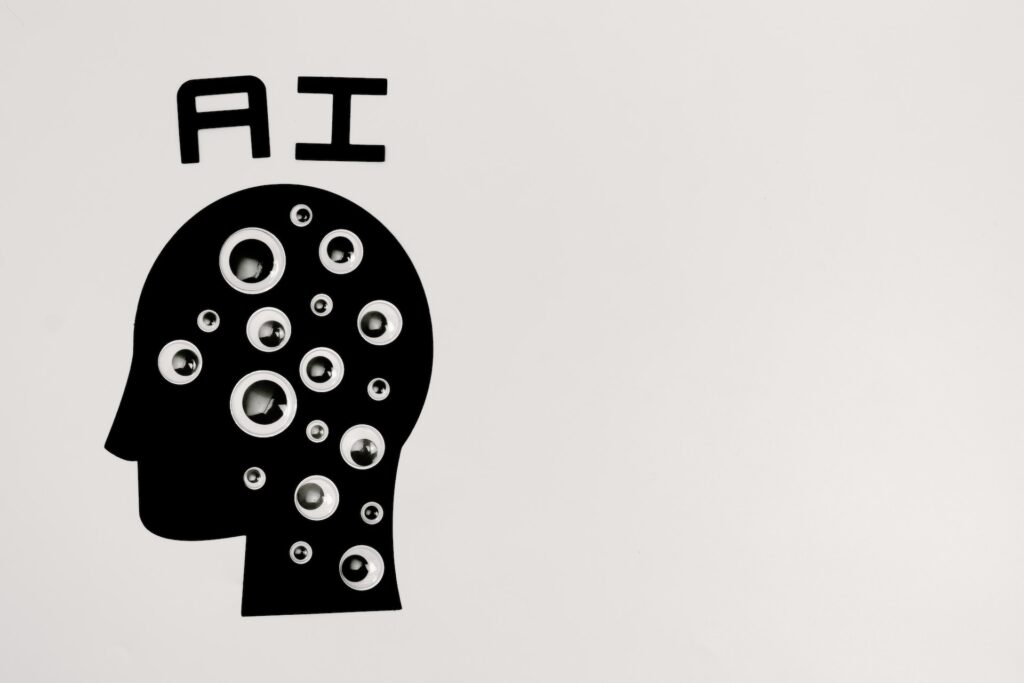
AI Would Revolutionize Agriculture Industries
Yap… We’ll also need AI here in the nearest future, for a couple of reasons.
- Soil Management: Ai would be able to analyze the soil, and know how to optimize different soil management practices, Like irrigation and fertilization. With this, Farmers would be able to improve soil health, reduce erosion, and increase farm yields.
- Crop Monitoring: Artifical Intelligence would monitor different crops and detect early signs of diseases from the. Not only from crops, also from different farm animals. The farmers would now be able to take corrective actions before the problem escalate
- Harvesting: Also, It’ll automate the harvesting process, reducing the need for human labor and increasing efficiency. This can lead to reduced costs and improved productivity.
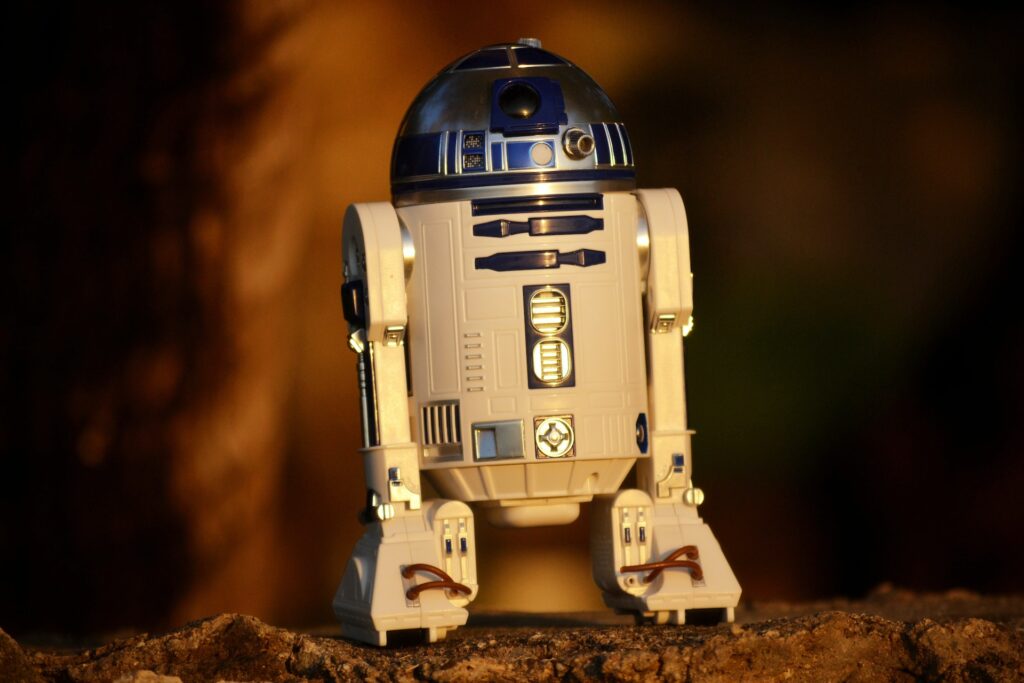
As I reflect on the future of AI, I am filled with a sense of wonder and excitement. The potential for AI to transform our world is truly limitless, and the possibilities are endless.
The influence of AI on society is already palpable in a plethora of ways, both favorable and unfavorable. On one hand, AI has the ability to simplify our lives and increase our efficiency. Through AI, we can automate tedious tasks and allocate more time toward meaningful pursuits. Imagine a world where we are no longer required to spend hours on trivial chores, but instead are able to focus on innovation, education, and exploration.
However, with all the advancements come challenges and potential drawbacks. One of the primary concerns surrounding AI is the possibility of job loss due to automation. As AI becomes more sophisticated, several jobs that were previously done by humans may become obsolete, leading to widespread unemployment and economic inequality.
Another issue is the potential for AI to exacerbate existing social inequalities. AI algorithms may be biased and prejudiced, reflecting the prejudices of their creators and the data they are trained on. If left unaddressed, AI could intensify prevailing inequalities and prolong social injustices.
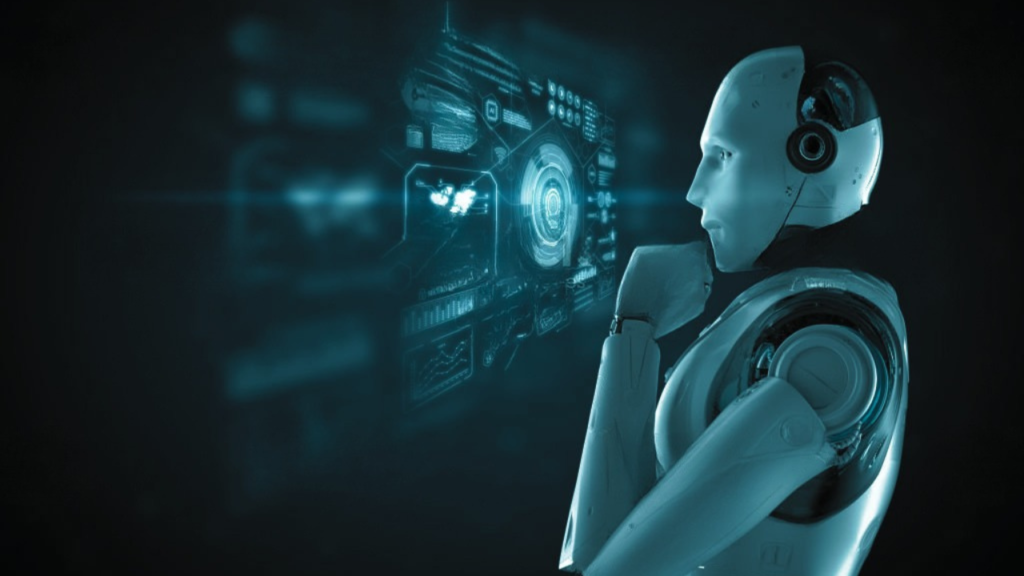
Notwithstanding these obstacles, I firmly believe that the benefits of AI outweigh the risks. Through thoughtful contemplation and careful implementation, we can harness the potential of AI to create a brighter and more equitable future for everyone.
As we continue to advance and refine AI technology, it is vital that we prioritize ethical considerations and human values. We must guarantee that AI is designed to serve humanity and not the other way around. By adhering to these principles, we can create a future where AI is a force for good, improving our lives and our world in countless ways.
In conclusion, the future of AI is both exhilarating and daunting. But as we navigate the obstacles and prospects that lie ahead, let us do so with confidence and optimism. Let us strive to create a world where AI is a tool for positive transformation, enhancing our lives and unlocking new possibilities. Together, we can shape the future of AI in a way that benefits us all.
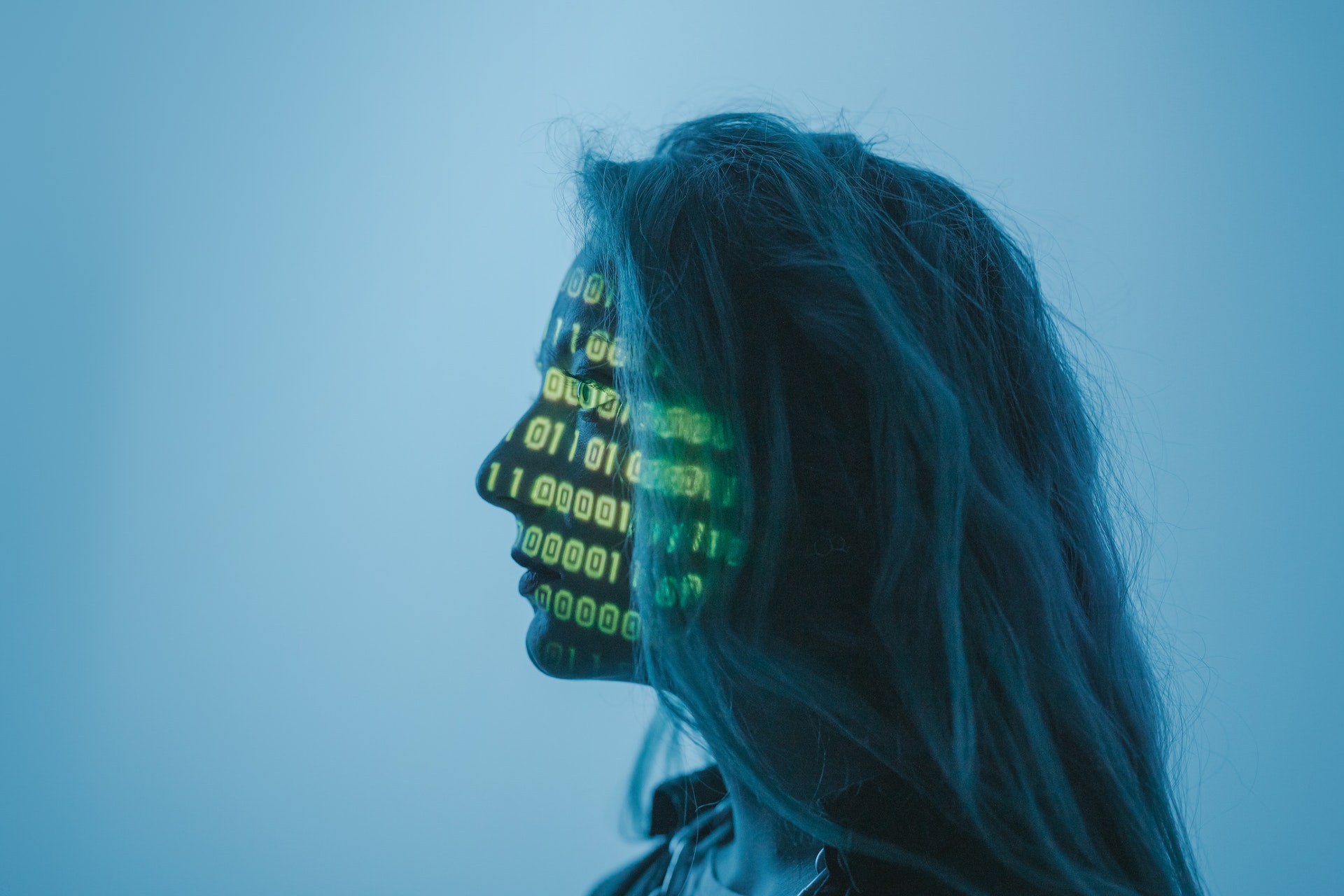
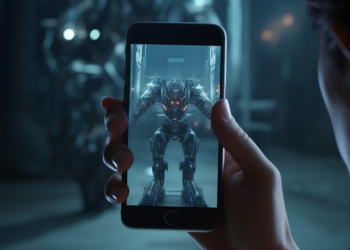

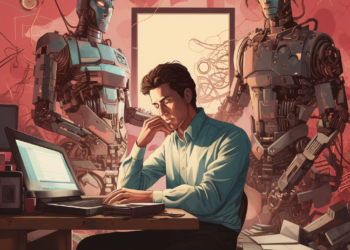

Comments 5